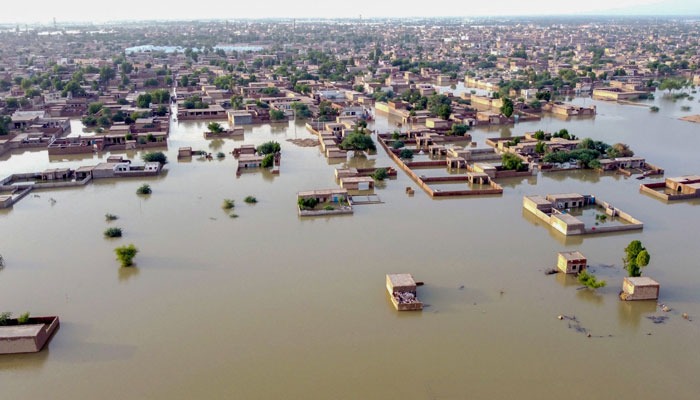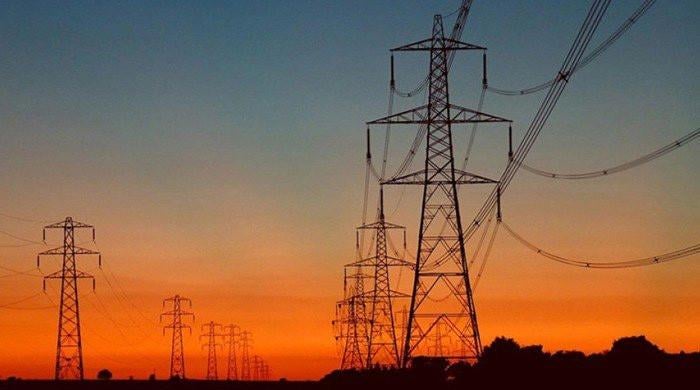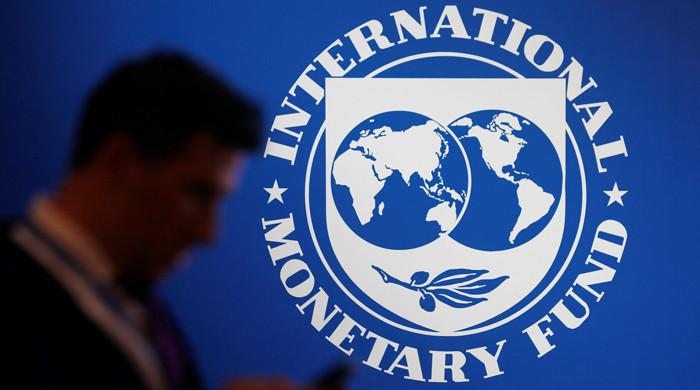IMF mission reviews Pakistan's climate planning in push for $1bn funding
Funds to be disbursed under IMF RST, a 2022 initiative launched for long-term concessional climate financing
February 26, 2025

- RSF mission engages with Pakistani officials at Planning Division.
- IMF officials seek insights into procedures adopted by provinces.
- Mission told every KP project vetted by its Climate Change Cell.
ISLAMABAD: A mission from the Resilience and Sustainability Facility (RSF), a funding mechanism of the International Monetary Fund (IMF), on Wednesday reviewed the planning process for project selection and appraisal across Pakistan's federating units.
The RSF mission is visiting Pakistan to discuss around $1 billion in climate financing on top of the $7 billion Extended Fund Facility (EFF) secured by Islamabad last summer as part of an economic recovery plan.
That disbursement will take place under the IMF's Resilience and Sustainability Trust (RST), created in 2022 to provide long-term concessional cash for climate-related spending, such as adaptation and transitioning to cleaner energy.
The RSF officials engaged with the relevant authorities in a meeting hosted by the Planning Division and attended by representatives from all provinces through their respective Planning and Development Departments (P&DDs).
The primary focus of the session was on the IMF’s assessment of how projects are selected and appraised in the federating units.
The mission sought insights into the procedures adopted by provinces to integrate climate resilience into their projects. Provincial representatives explained that all federating units adhere to the Planning Division's manual for project planning.
The Khyber Pakhtunkhwa (KP) government, through its Secretary P&DD, outlined its approach to evaluating climate resilience in development projects.
It was highlighted that every project in the province is vetted for climate resilience by the Climate Change Cell, which operates with support from the government of Germany’s GIZ fund.
Additionally, KP is expanding the Climate Change Cell’s scope by establishing a Climate Action Board, a comprehensive climate governance body described as the first of its kind globally.
The IMF mission will continue its engagement with the Planning Division and provincial authorities over the next three weeks, according to the officials, privy to the matters.
Pakistan made a formal request in October last year for around $1 billion in funding from the IMF under the trust, to address the nation's vulnerability to climate change.
The Global Climate Risk Index places Pakistan among the countries most vulnerable to climate change.
Floods in 2022, which scientists said were aggravated by global warming, affected at least 33 million people and killed more than 1,700. The country's economic struggles and high debt burden impinged its ability to respond to the disaster.











